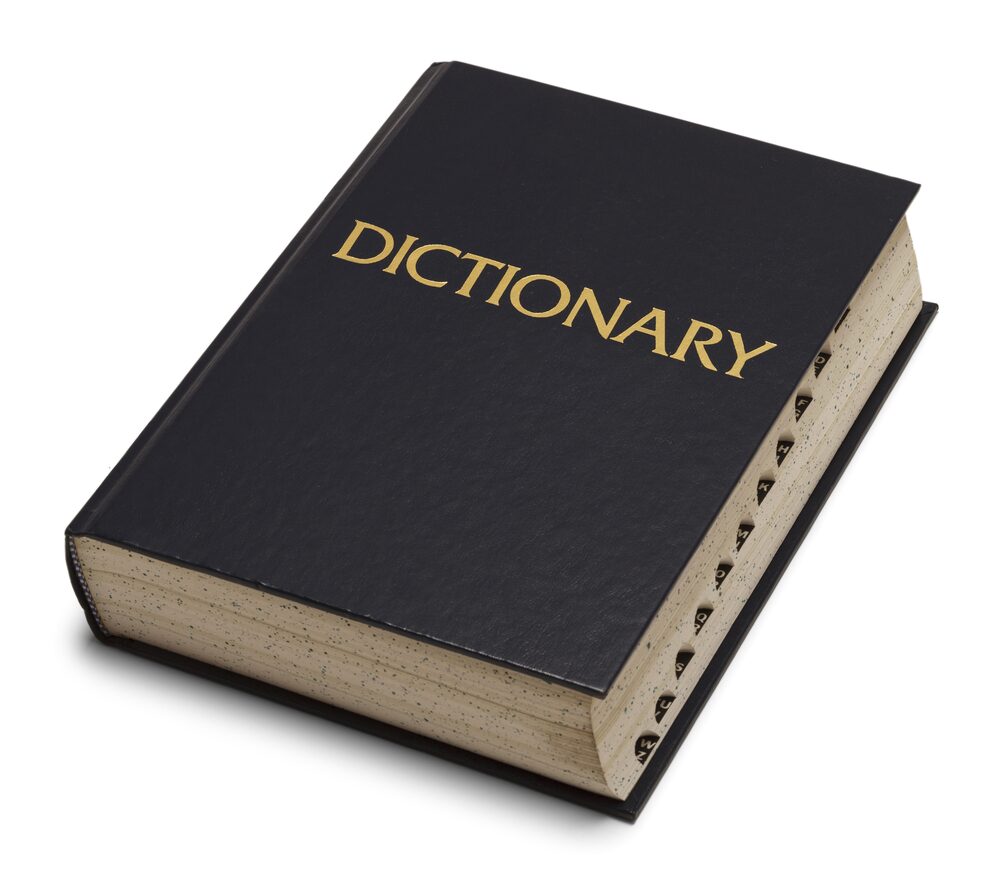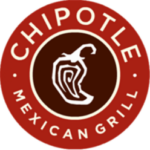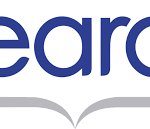Unraveling the Mysteries of Dictionaries A Comprehensive Guide
Introduction: Dictionaries In the vast expanse of the digital realm, keywords reign supreme. From search engine optimization (SEO) to content creation, understanding and utilizing keywords effectively can make or break your online presence. At the heart of this lies the keyword dictionary. But a powerful tool that serves as a compass in the labyrinth of online content. Let’s embark on a journey to explore the intricacies of keyword dictionaries. But uncovering their significance, functionality, and impact on digital landscapes.

Defining Keyword Dictionaries: A keyword dictionary is a curated collection of words or phrases relevant to a specific topic, industry, or niche. It serves as a reference guide. Providing insight into the language and terminology used by target audiences within a particular domain. But These dictionaries are not static; they evolve alongside changes in trends, user behavior, and search algorithms.
The Anatomy of a Keyword Dictionary:

Core Keywords: These are the fundamental terms directly related to the primary subject matter. They encapsulate the essence of the topic and form the foundation upon which other keywords are built.
Long-Tail Keywords: Comprising multiple words or phrases, long-tail keywords offer specificity and often reflect user intent more precisely. They may have lower search volumes but higher conversion rates due to their relevance.
Synonyms and Variations: Language is dynamic, and so are keywords. A comprehensive dictionary includes synonyms, variations, and alternative spellings to capture the diversity of user search queries.
Trending Keywords: Staying current is key in the digital landscape. Monitoring and incorporating trending keywords ensure relevance and visibility amidst shifting interests and behaviors.
Competitor Analysis: Understanding the keywords your competitors target provides valuable insights into market dynamics. But user preferences, and potential opportunities for differentiation.
The Role of Keyword Dictionaries in SEO: Search engines are the gatekeepers of the internet, and SEO is the key to unlocking their favor. Keyword dictionaries play a pivotal role in optimizing content for search visibility and ranking. Here’s how:

More about It
Informing Content Strategy: By mapping out relevant keywords, content creators can tailor their material to align with user interests and search queries, maximizing the likelihood of organic discovery.
On-Page Optimization: Strategic placement of keywords within titles, headings, meta descriptions, and body text enhances the relevance and comprehensibility of web pages, signaling their relevance to search engines.
Link Building: But Keywords serve as anchor texts in hyperlinks, signaling to search engines the thematic relevance of linked pages. A well-curated keyword dictionary guides link-building efforts, fostering organic traffic and domain authority.
Performance Tracking: Monitoring keyword performance metrics such as search volume. But click-through rate (CTR), and conversion rate enables data-driven decision-making and continuous optimization strategies.
Beyond SEO: Applications of Keyword Dictionaries While SEO is a primary use case, the utility of keyword dictionaries extends far beyond search optimization.

Content Ideation: Keyword research inspires content ideas by uncovering topics and themes that resonate with target audiences. Content creators can leverage keyword dictionaries to brainstorm engaging and relevant topics for blogs, articles, videos, and more.
Market Research: Keywords provide valuable insights into consumer behavior, preferences, and pain points. Analyzing keyword trends and search queries enables businesses to anticipate market demands and tailor their offerings accordingly.
Social Media Marketing: Keywords are integral to social media optimization (SMO), guiding hashtag selection, content tagging, and audience targeting across platforms. A well-curated keyword dictionary facilitates effective engagement and amplification of social media content.
Product Development: Keyword analysis illuminates emerging trends, niche markets, and unmet consumer needs. But Businesses can leverage this intelligence to inform product development strategies, ensuring alignment with market demand and customer expectations.
Best Practices for Building and Maintaining Keyword Dictionaries:
Conduct Thorough Research: Utilize a combination of tools such as Google Keyword Planner, SEMrush, Ahrefs, and social media analytics to gather comprehensive data on relevant keywords and search trends.
Prioritize Relevance: Focus on keywords that closely align with your target audience, brand identity, and content objectives. Quality trumps quantity when it comes to keyword selection.
Embrace Diversity: Incorporate a mix of core keywords, long-tail variations, synonyms, and trending terms to capture a broad spectrum of user intent and search queries.
Stay Agile: Regularly update and refine your keyword dictionary in response to shifts in market dynamics, algorithm updates, and evolving consumer behavior.
Analyze and Iterate: But Leverage analytics tools to monitor keyword performance metrics and iterate your keyword strategy based on real-time data insights.

Finally
But Keyword dictionaries are the cornerstone of digital marketing strategies, empowering businesses to navigate the complexities of online visibility and engagement. By understanding the anatomy, role, and best practices associated with keyword dictionaries, organizations can unlock the full potential of their online presence, But driving sustainable growth and success in the digital age.












I don’t think the title of your article matches the content lol. Just kidding, mainly because I had some doubts after reading the article.